7 ways to make meal prep simple
One hour of kitchen time can prepare you for a healthy week.
Updated on October 16, 2025
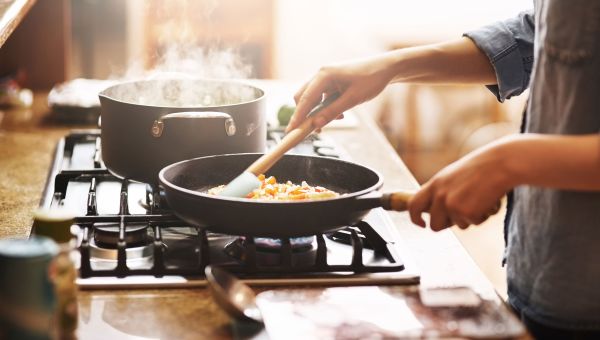
A busy schedule can make it tough to cook wholesome meals every night. To keep you from reaching for what's convenient—and often unhealthy—we rounded up the best tips to prep your meals to stick to a wholesome diet. It only takes a few hours once or twice a week to shop, chop and prep healthy meals.
Keeping your kitchen and pantry stocked with premade, pre-portioned meals and snacks makes it easy to stick to your diet and nutrition goals whenever hunger strikes. Here's how to get started.

Create a game plan
Preparing meals for an entire week may seem like quite the feat, but creating a grocery list and menu can help you get organized.
Spend an hour over the weekend mapping out your meals, and jot down the food items you’ll need to pick up from the grocery store. Using a shopping list can help save you time and money in the market and keep unhealthy items out of your cart. In fact, one study suggests creating and using a grocery list may help promote healthier eating habits.
Keep unhealthy items off your grocery list and purchase only what you've written down to reduce waste and prevent snacking at home.
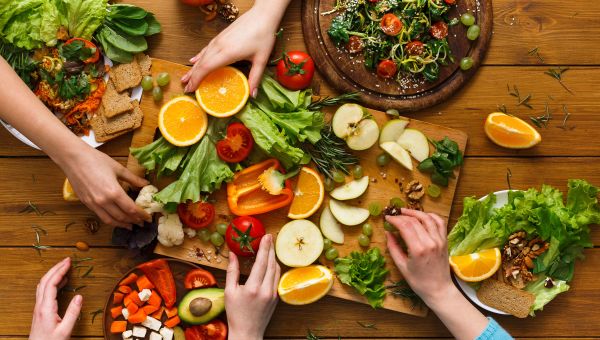
Keep variety in mind
Sometimes whipping up a big pot of a single dish or recreating a favorite week after week is easiest, but it may not be the best tactic for weight loss. Results from one study suggest a monotonous diet can actually increase your cravings for unhealthy food.
Eating a varied diet is the best way to ensure you’re getting the vitamins and minerals your body needs, and it keeps mealtime interesting. Load your cart with a variety of wholesome ingredients, like lean protein, healthy fats, whole grains and fresh produce, and take advantage of low-calorie broths, spices and seasonings to add flavor to your food. Be mindful, too much variety can lead to unhealthy choices and weight gain, so load your kitchen with only the best ingredients.
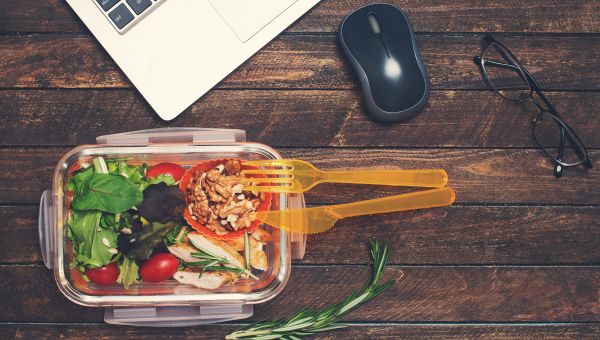
Practice portion control
Burning more calories than you consume is the key to losing weight. Large portions, of even healthy food, can stunt weight loss. Keep serving dishes off the table and fill your plate from the stove to prevent overeating. However measuring your meals may be even more effective.
Over the last 40 years, portions have grown, and today's adults consume an average of 300 more calories a day than in 1985. When building your plate, take a good look at the recommended serving size and stick to it. Utilize tools like food scales and single-serve containers to portion the right amount of food for your body.
What’s a serving look like?
- Half cup of cooked rice or pasta—the size of a tennis ball
- One cup of raw leafy vegetables—the size of a small fist
- Three ounces of lean meat—the size of a deck of cards
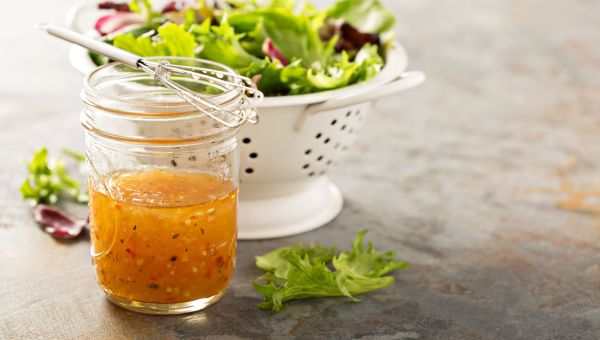
DIY whenever you can
Dressings and sauces add flavor to almost any meal, but some are high in calories, sodium, fat, sugar and artificial ingredients. A drizzle of creamy ranch dressing is a weight loss saboteur, adding 110 calories, 11 grams of fat and 260 milligrams of sodium to your lunchtime salad.
Swap these calorie bombs with homemade alternatives, like a simple vinaigrette with olive oil, red wine vinegar and a blend of Mediterranean spices. Make a jar of your favorite dressing or sauce to keep in the refrigerator and add flavor to your cooking all week long.
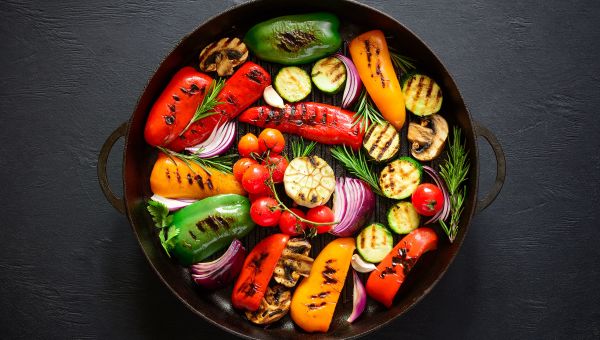
Grill, roast or bake
Greasy, fried foods may taste good, but they’re certainly not the best for weight loss. Baking, broiling, roasting, poaching and steaming your food adds flavor, without any extra calories.
Another bonus: You can cook an entire meal in a single pot, pan or baking sheet. Thread your lean protein and fresh veggies onto a skewer and pop them on the grill for a quick and easy summertime meal. Or chop carrots, onions, celery and chicken breast, coat with olive oil and fresh herbs and roast in a pan until tender. These methods make cooking a week’s worth of meals nearly effortless, and cuts down on cleanup.
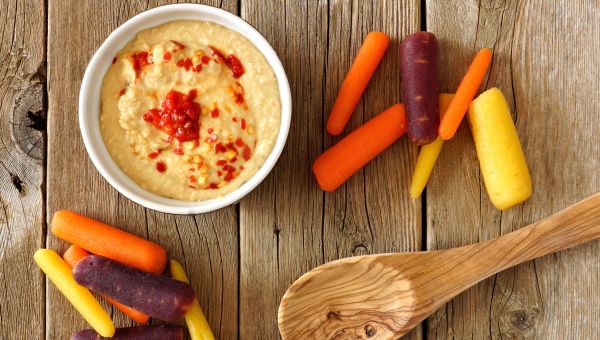
Pack healthy snacks
Don't limit yourself to breakfast, lunch and dinner—prep your snacks, too. Healthy between-meal snacks can actually help promote weight loss. Because wholesome snacking helps sate hunger, you won't overindulge during your next meal. Plus, preparing snacks ahead of time makes noshing anywhere convenient, and can prevent an unhealthy trip to vending machine.
If you’re looking to lose weight, keep snacks below 100 calories with choices like:
- Medium apple or orange
- 20 baby carrots
- 2 tablespoons hummus
- 13 almonds
To prevent overindulging—even on the healthy stuff—never eat out of the bag or box. Instead measure out a single serving.
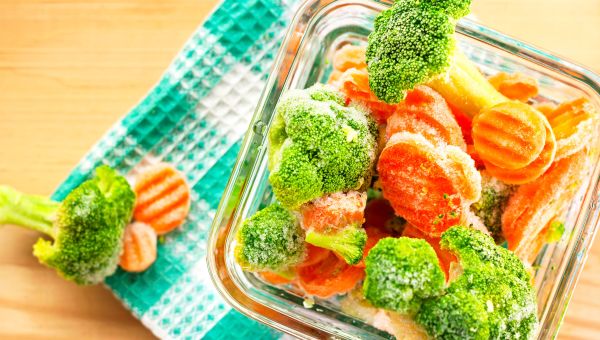
Make the freezer your friend
The real beauty of meal prep is the convenience of readymade meals at your fingertips. Food lasts for a few days in your refrigerator, but keeps for months frozen, so keep your icebox stocked for whenever hunger strikes.
Make an extra-large batch of a family favorite, like blueberry muffins, and freeze leftovers. This minimizes waste and will ensure you have a healthy meal on hand at all times. A few bags of flash-frozen fruits and veggies also make healthy snacking and side dishes simple to whip up.
More On


video

article

slideshow


video


video
